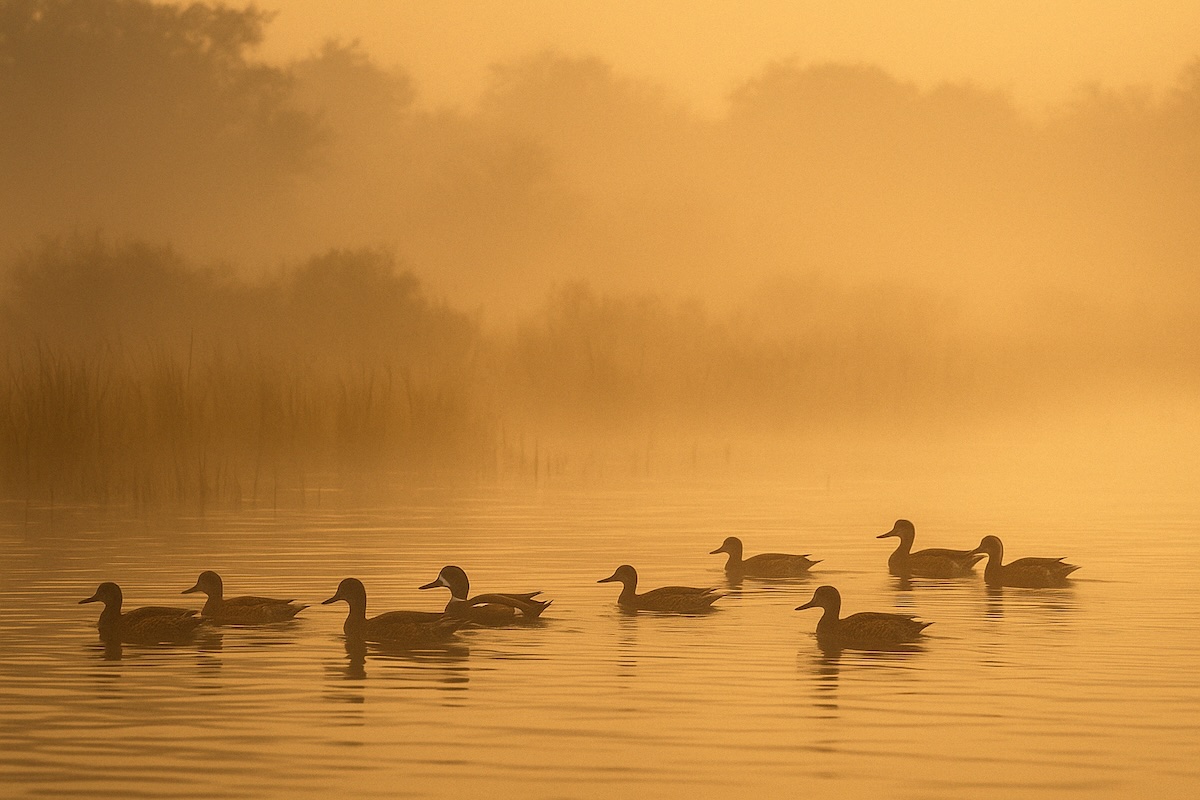If you’ve been around duck hunting long enough to know the difference between a gadwall and a wigeon without thinking too hard, you already know that not every lodge is worth your time—or your money. In Florida, especially along the coastlines and inland marshes, the hunting can be top-tier. But the lodge you pick can make or break the experience.
This isn’t about silk robes and champagne. It’s about walking into a place that knows what it’s doing. A lodge that respects the hunt, understands the land, and doesn’t try to sell you a spa day when what you want is solid shooting and a stiff drink by the fire afterward. Here’s what to look for.
Where It Sits
Location Comes First
Florida’s a big state, and truth be told, a lot of it isn’t worth your gas if you’re chasing quality waterfowl hunting. What you want is access to real duck country. That means marshes, shallow bays, freshwater potholes, and tidal estuaries that actually hold birds all season long—not just a couple of novelty teal early in the year.
You’ll hear about Lake Okeechobee, especially from folks down south, and while it has its moments, pressure’s heavy and the action can be hit or miss. The Everglades? Beautiful country, no question—but it’s a haul, and bird numbers can be feast or famine depending on water management and rainfall.
The Kissimmee Chain offers a few decent potholes and flooded fields if you’re dialed in, but you’re sharing it with a lot of bass boats and jet skis. Further north, the St. Johns River has some solid wood duck shoots and pockets of teal, but water levels and access can be a real headache. Out west, near Apalachicola and the coastal Panhandle, there’s decent diver hunting if you’ve got a boat and don’t mind covering water.
The Big Bend region is where things start to get interesting. It’s wild, relatively untouched, and packed with the kind of habitat that pulls in everything from pintails and canvasbacks to mottled ducks that don’t even migrate. There’s a stretch near the Econfina River that folks in the know quietly keep on their shortlist. That corner of Florida has the right mix of terrain, tide, and seclusion. You want to see that kind of geography on the map before you ever see a mattress or a menu.
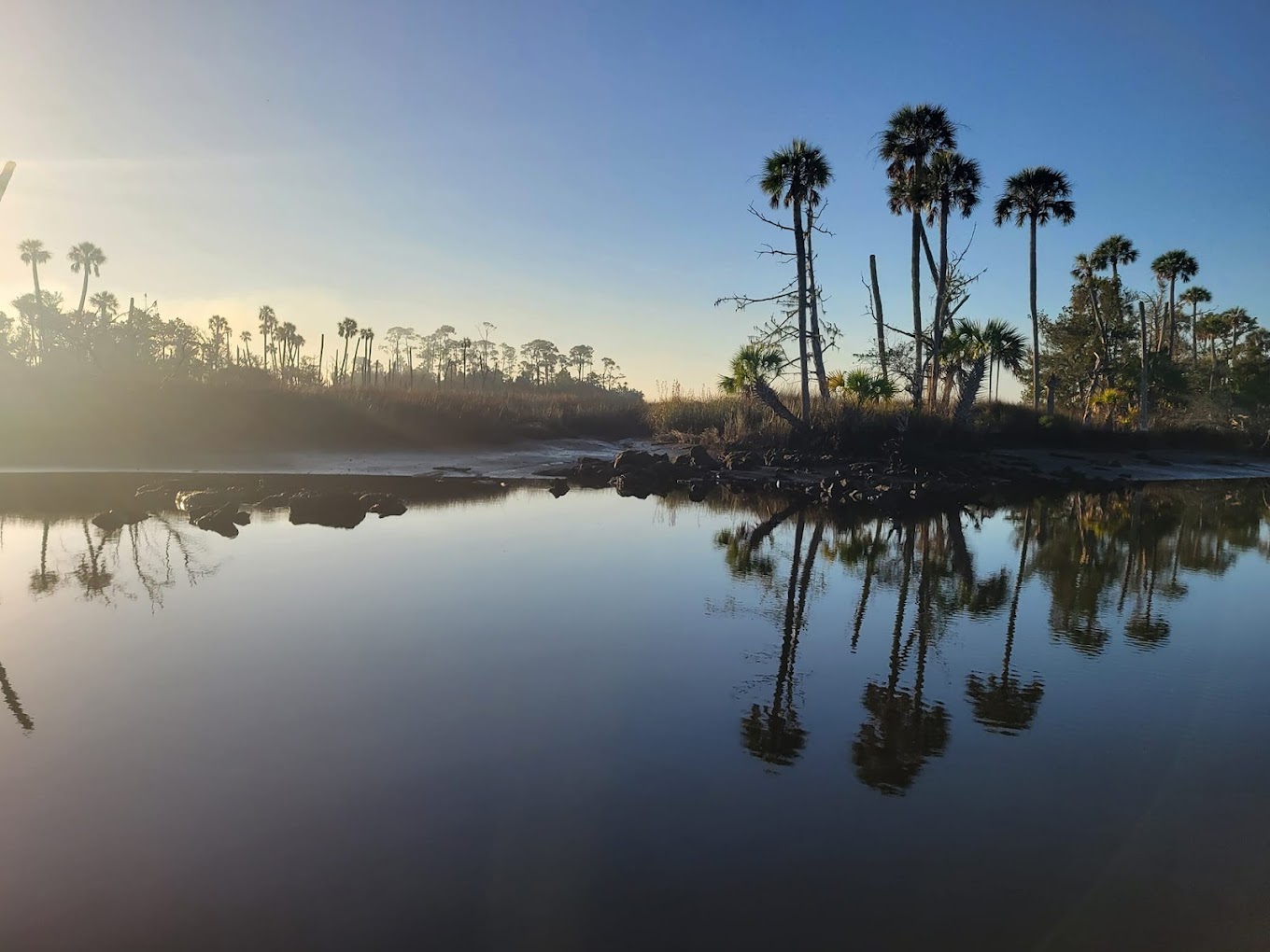
The Birds: What Species Are in Play?
The best duck hunting lodges in Florida don’t just put you in a blind. They know what’s flying, where it’s feeding, and how yesterday’s wind or tide is going to affect today’s hunt. That means more than just tossing out a random decoy spread and praying for action. It means patterning birds. Adjusting based on water levels. Knowing where the ringnecks raft up and where the teal blow through on that first cold snap.
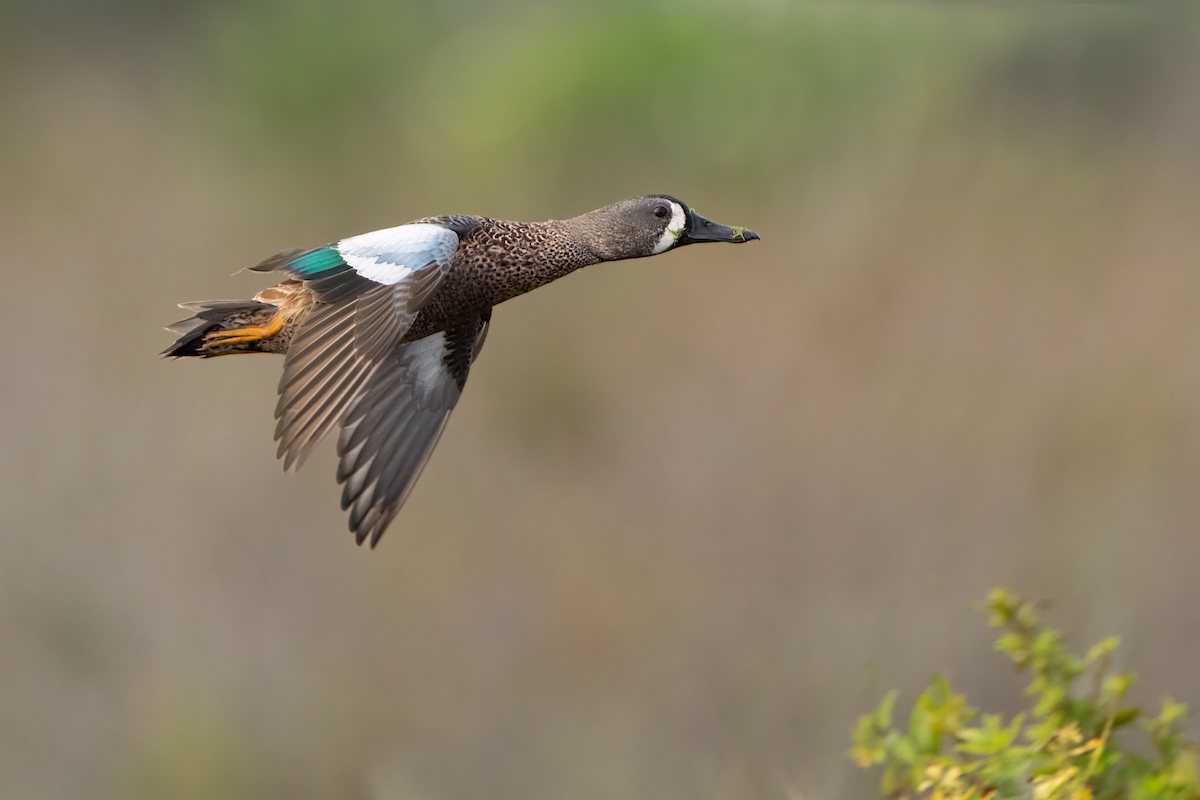
Look for properties with access to:
- Freshwater marshes and potholes for ring-necked ducks, early-season blue-winged teal, green-wings, and gadwall. These areas are often shallow, grass-choked, and hard to reach without a mud motor or surface drive—and that’s exactly what makes them so productive when everyone else is stuck on the big water.
- Coastal flats, bays, and estuaries for divers like redheads, greater and lesser scaup, and the occasional goldeneye or canvasback. These birds favor open water and deeper feeding zones, so you want a lodge that has boats that can get you there safely and guides who know how to work a layout setup or set long lines properly.
- Backwater sloughs and quiet pockets for resident mottled ducks, black-bellied whistlers, and, once in a while, mallards slipping down from farther north. These spots reward still mornings and a light hand on the call. They’re less flashy than the diver hunts, but for a real wingshooter, they’re every bit as satisfying.
Florida’s unique in that you can work fast-flying teal in tight quarters at daybreak, move to a wide, windswept bay mid-morning, pull canvasbacks off a point in the afternoon, and finish the day tucked in a cypress hole watching pintails drop in on silent wings.
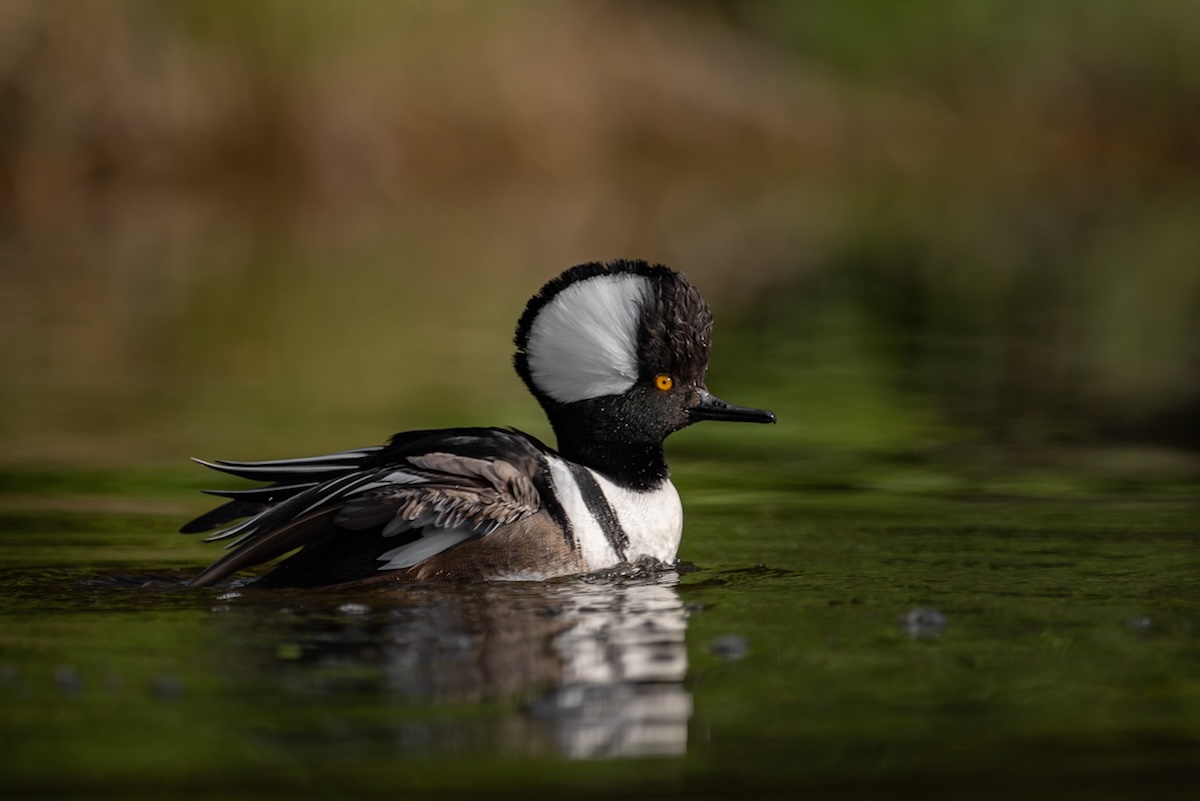
That kind of variety isn’t something you find everywhere—and a good lodge doesn’t make you pick just one lane.
Guides
If you’re paying for a guided hunt, you should be getting more than a shuttle to a blind and a thermos of bad coffee. A good guide doesn’t just drop you off and disappear until pickup time. He’s in the trenches with you, watching the skies, noting the wind, tweaking the spread, and calling with intent—not just blowing a duck call because that’s what the job description says.
A worthwhile lodge has guides who are actually hunters. Not part-time help with matching hoodies and a script, but real watermen—guys who scout, who know how to work a call without sky-busting the whole marsh, how to build a blind that actually hides you, and how to adjust the setup when birds flare instead of blaming your jacket.
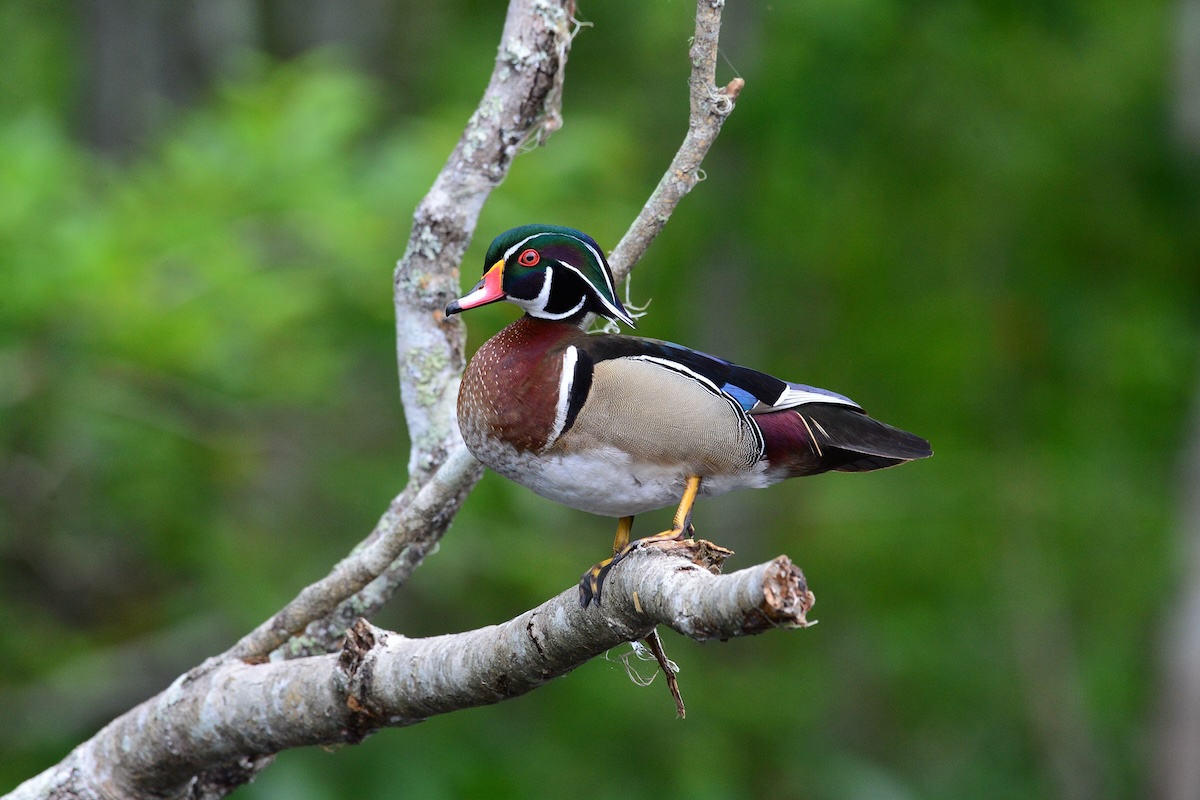
You want a team that’s dialed in. That means:
- Scouting daily to track bird movement and patterns—not just reading last week’s notes.
- Adjusting decoy spreads based on weather, bird behavior, and pressure—not the same half-moon layout every day.
- Calling with skill, not just noise. They know when to work ‘em hard and when to shut up and let the wings do the talking.
- Knowing when to sit tight and when to move, even if it means dragging the sled another half mile into the thick stuff.
The best guides don’t posture, and they don’t babysit. They hunt. And they talk to you like a fellow hunter, not like a customer on a duck-themed Disney World ride. That kind of mutual respect goes a long way. You’re not there to be pampered—you’re there to hunt hard, shoot straight, and walk out tired. If the crew guiding you gets that, you’re in the right place.
Lodging
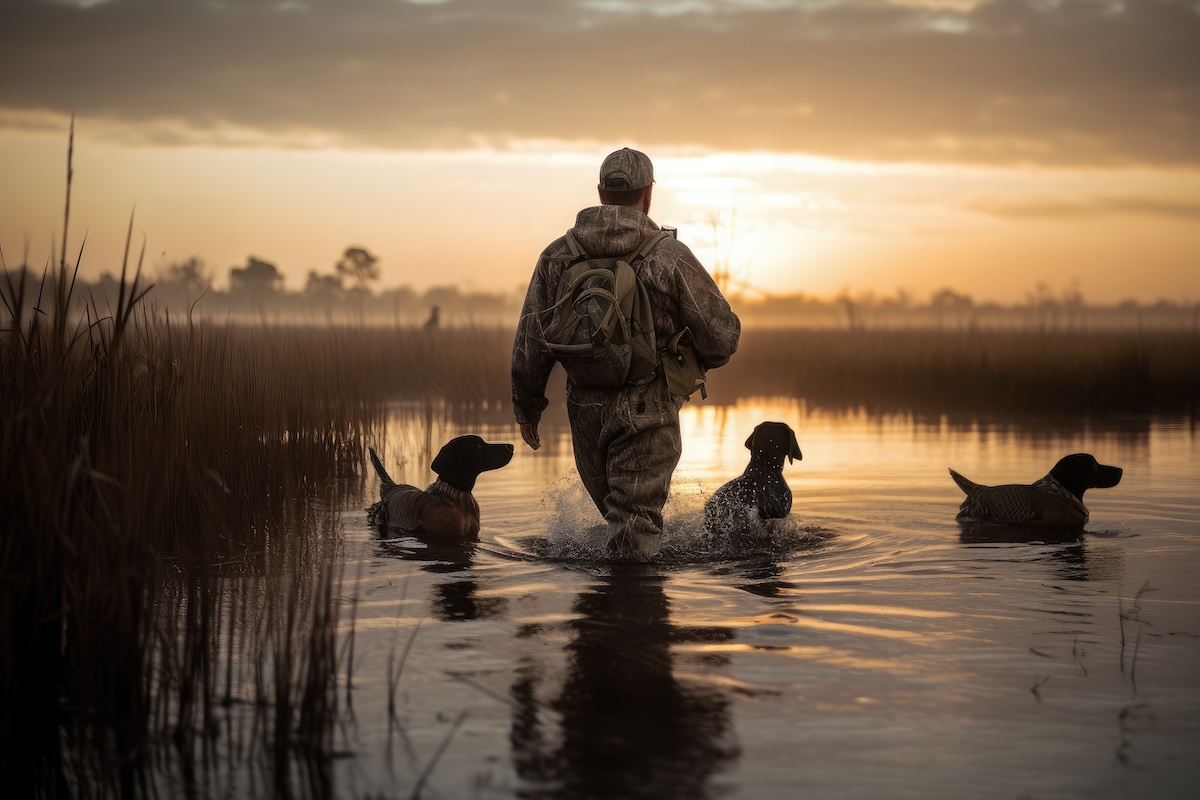
At the end of the day, you’re going to be cold, wet, and probably muddy. A good lodge isn’t there to pamper you—it’s there to let you recharge as a hunter. The rooms should feel like an outdoor hunting retreat, not a motel.
Now that said, not everyone heads to duck camp looking for turn-down service and fine linens. Some guys are content with an uncomfortable cot in a bunkhouse and a rattling window unit from the Clinton years that works most of the time. Nothing necessarily wrong with that—especially if the birds are flying. But there’s something to be said for a lodge that gets the balance right. A place that knows you’re coming back cold, wet, and a little beat up, and gives you a warm, quiet space to shake it off and recharge.
The right kind of comfort is subtle. Rustic, sure, but with modern touches that don’t make you feel like you’re roughing it. Think more “hunting lodge with class” than “Airbnb with camo wallpaper.” You want wood beams, not vinyl paneling. A place where you can lay out your gear to dry without tripping over someone’s cooler. Maybe a fire going in the common room. Maybe a good bourbon waiting on the bar.
You’re not looking for some Airbnb thrown together by a couple from Atlanta who think a duck blind is a style of window treatment. You don’t need a chalkboard sign that says Live, Laugh, Limit Out. You need a place that respects duck hunting. A real lodge—built by hunters, for hunters—delivers that without trying too hard.
That said, look for a duck hunting lodge that includes:
- Clean, spacious accommodations
- Hot showers that actually stay hot
- A good mattress that doesn’t sag in the middle
- Enough space to dry your gear without feeling like you’re camping in a closet
The guys who say they don’t care about this stuff? They’ll still sleep like kings when they get it. Because at the end of the day, real comfort isn’t about being pampered—it’s about being ready to hunt just as hard the next morning. And that’s what a true lodge should deliver.
Food
Nobody’s asking for Michelin stars out here—but good food matters. After a long day of calling and shooting (and hopefully retrieving), a hot meal that doesn’t come out of a box can go a long way.
The ideal setup?
- Hearty meals with actual flavor
- Coffee that doesn’t taste like ditch water (Doesn’t need to be artisanal, it just needs to be strong, hot, and ready before daylight.)
- A cook who can handle game if you bring some back
- A good drink menu (A decent bourbon, a cold beer, maybe a bottle you brought from home that they’re happy to pour.)
Big bonus points if they’ll do a catch-and-cook or prep something custom. But the baseline should be good, solid meals that refuel you. No hunter wants to be served some Pinterest recipe with a duck call stuck in it for decoration. You want food that makes you loosen your belt and sit by the fire a little longer—not wonder where the rest of it is.
The Intangibles
Feel, Flow, and Fit
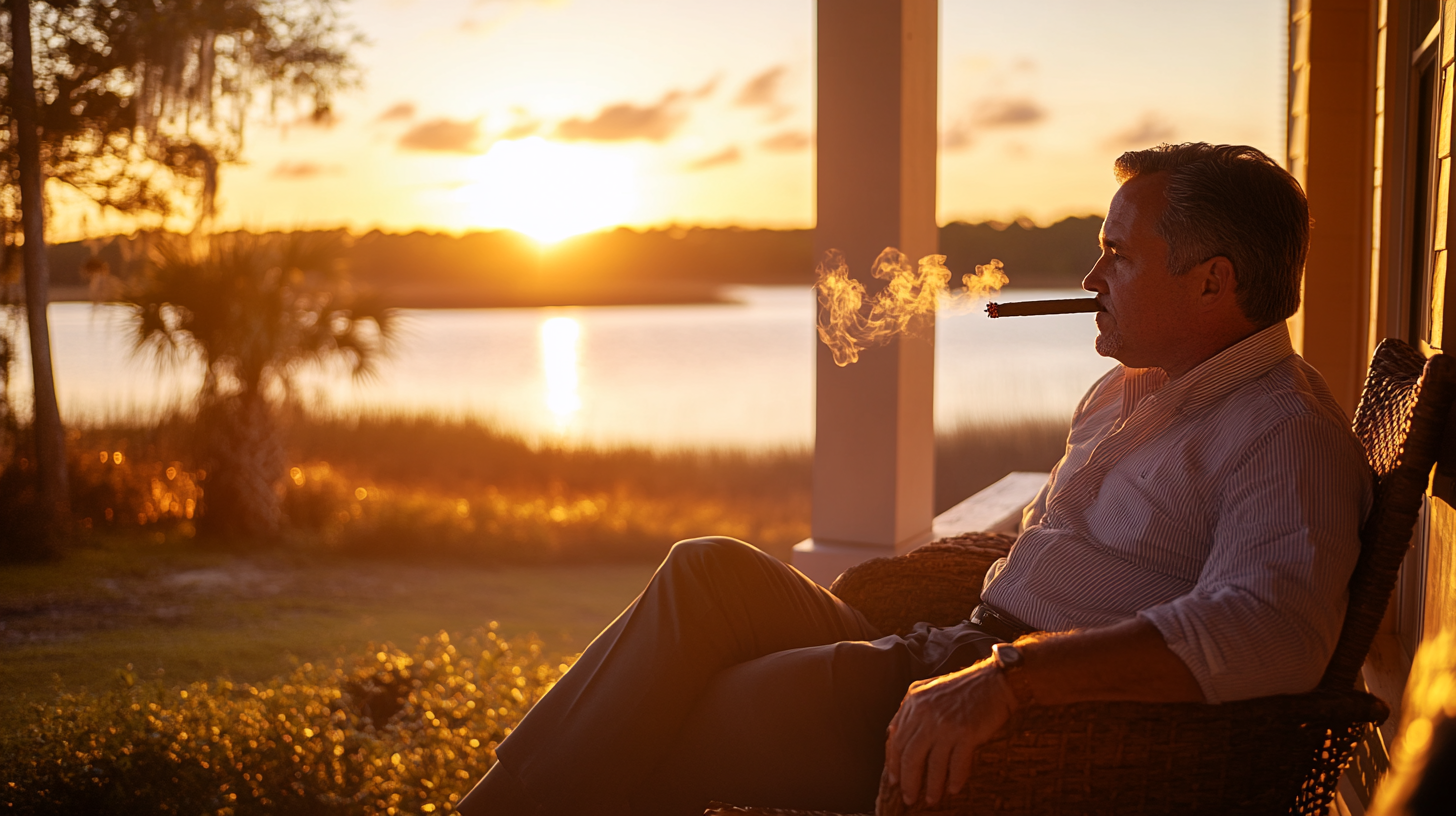
Every good lodge has its own rhythm. The best ones don’t try to force it. They’re not cramming in 40 guests a week or juggling bookings like it’s an Orlando resort. They don’t need to. The better lodges run lean by design—small to mid-sized groups, just enough staff to keep things moving smoothly, and a natural sense of pace that matches the hunt. Personal without being overbearing. Quiet without being awkward. You’re not here to be entertained—you’re here to hunt, relax, and maybe swap stories over a drink at the end of the day.
A good lodge understands that. It gives you space when you want it, but still makes you feel like you’re part of something. Wake up early, hot coffee’s ready, guides are squared away, nobody’s barking orders at you or your group or fumbling with logistics. You’re in the blind when you should be, back at the lodge with a plate of food when the birds have stopped flying. That kind of smoothness doesn’t happen by accident.
Ask yourself:
- Is it built for hunters, or just people who want to say they hunted?
- Do they actually seem excited about ducks, or just the business?
- Do the people running it feel like people you’d hunt with even if you weren’t paying?
When a place checks those boxes, it usually means they’re doing it right. It’s not about trying to impress you—it’s about understanding you. The best lodges don’t need to talk about tradition or authenticity. They just live it. From the way the blinds are brushed to the drinks at the bar, it’s all been thought through—not in a corporate “guest experience” kind of way, but in that old-school, don’t-cut-corners way that outdoorsmen respect.
That’s what separates a real lodge from just another “outdoor experience.” The feel. The fit. The kind of place that lets the land, the hunt, and the people speak for themselves.
Final Thoughts

There’s no shortage of places in Florida offering duck hunts with nice pictures and polished websites. Some deliver. A lot don’t. If you’re after the real thing—a lodge that takes the hunting seriously, stays honest about the conditions, and doesn’t broadcast its best spots—you’ll have to be a little more selective.
Start by looking where the birds actually are. The Big Bend, especially around the Econfina River, comes up again and again among guys who know the state. It’s not overrun, it’s not overbuilt, and it holds the kind of mixed habitat that makes for strong hunts all season long. Divers, dabblers, early-season teal—it’s all there if the conditions are right and the operation’s dialed in.
Then look at the lodge. Not just how it photographs, but how it runs. Is it set up for people who hunt, or for people who want to say they hunted? You don’t need luxury for the sake of it—but there’s a big difference between rustic and half-baked. The better places get that. They’re comfortable without being showy, and they’re run by people who understand why you’re really there.
If you’ve put in the work, invested in your gear, and still care about doing things right, there’s no reason to settle for less. A good lodge in the right part of Florida makes the whole experience better—on the water and off it. So keep your expectations high. The best spots can meet them.

